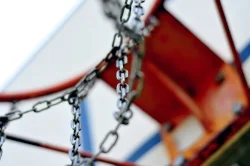How to Achieve Your Goals, Step 6: Considering Your Motivational Chains
/How concrete or abstract your goals are, and how you link them together, can have a big impact on your mood and overall well-being and, by extension, on your performance.
Read More























